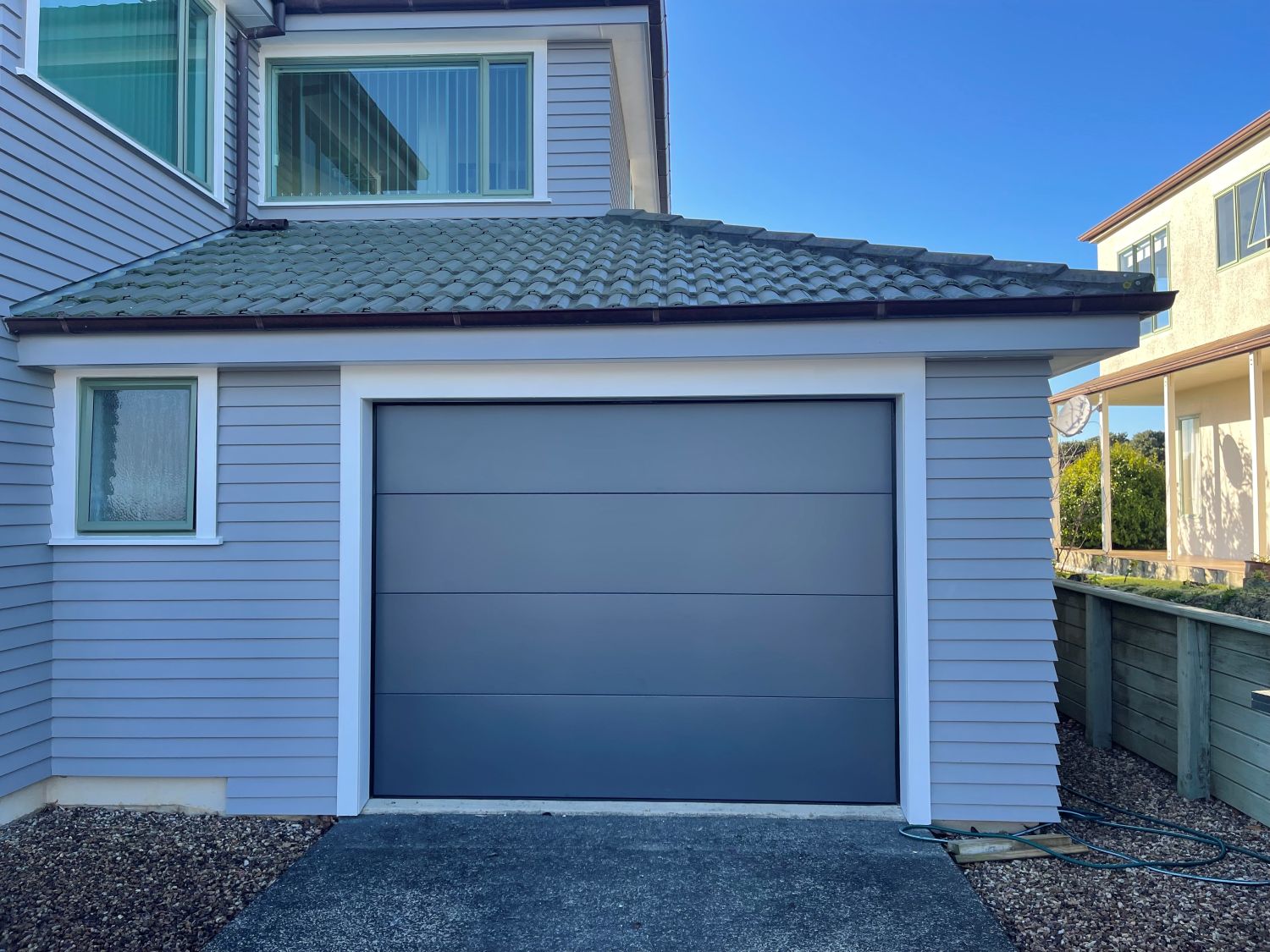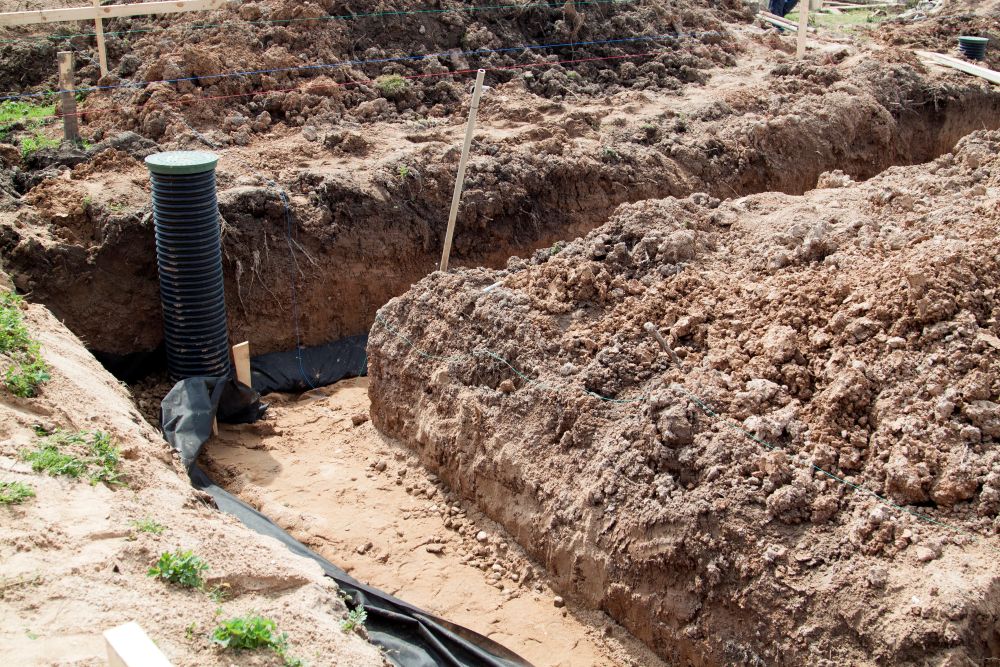Heating a home through the depths of winter in places like Dunedin and the Otago region is no small feat. The temperature drops, the wind cuts through old windows, and the power bill starts climbing. Homes in southern regions face a harsher environment, which means standard heating solutions often fall short. Choosing the right heat pump isn’t about flash or features. It’s about how well the unit performs when things get cold, wet, and relentless.
Among tradies and homeowners alike, Fujitsu heat pumps stand out for one reason: they work when others don’t. These systems have become a go-to for those who need reliable performance, no matter how grim the forecast. This guide lays out seven practical reasons why Fujitsu leads the pack when it comes to winter-ready heating in southern homes.
Before committing to any system, it pays to ask the right questions. Here are 5 important things to consider before installing a heat pump.
Key Takeaways
- Built for cold-climate performance, not just moderate conditions
- Efficient even on sub-zero mornings in Dunedin and Otago region
- Quieter and longer-lasting than many competitors
- Smart controls make them easy to use and energy smart
- Proven by installers across South Island for reliability and comfort
- Fewer breakdowns and stronger resale value over time
- Better warranty coverage and easier access to local servicing
1. Designed Specifically for Cold Climates
Many heat pumps sold in New Zealand are built for milder conditions. In Dunedin, frost and freezing air test a unit’s limits almost daily through winter. Fujitsu models equipped with Cold Climate Technology are built to function efficiently even when the mercury drops below zero.
Units like the Noritz and Lifestyle range come with specialised defrost systems and robust compressors that maintain steady airflow. This matters most on frosty mornings when basic units stall or ice over. Homes stay warm without overworking the system. The internal coils and fans are protected against freezing, which means comfort without compromise.
Some models also include low ambient heating features that deliver consistent output, even when outdoor temperatures plunge below -10°C. This makes a real difference in older homes with poor insulation or larger open-plan spaces.
2. Consistently High Energy Efficiency
Fujitsu’s inverter-driven technology means the system only uses as much power as needed. Rather than blasting on and off like older models, it adjusts in real time to keep the temperature steady. This helps reduce power consumption while maintaining comfort.
This results in better Coefficient of Performance (COP) and Energy Efficiency Ratings (EER), which reflect real-world performance. In regions like Otago where winter power bills soar, the savings add up quickly. EECA and Energy Star ratings back this up with solid efficiency scores. Over a full season, homeowners can save hundreds by using less electricity while staying warm.
In many homes, this performance allows the system to serve as the primary heating source, reducing or eliminating the need for secondary heaters. Lower strain on the grid during peak hours is another often-overlooked benefit.
3. Quiet Operation Indoors and Out
One of the hidden benefits of Fujitsu heat pumps is how quietly they operate. Older or lower-end models can hum, rattle, or vibrate, especially when mounted on timber-framed homes or in small spaces.
Fujitsu’s design uses insulated casings, aerodynamic blades, and smooth fan rotation to cut noise at the source. This is ideal for bedrooms, nurseries, or compact homes where peace and quiet matter. Outdoor units are also engineered to run with minimal noise, even in high-density housing or narrow walkways.
This means less disruption during sleep and no complaints from neighbours or tenants. It’s one of those features people appreciate more the longer they live with it. Quiet operation also reflects the build quality and component stability.
4. Proven Reliability Over Time
Heat pumps aren’t just about upfront performance. Reliability in Dunedin’s salty air or Timaru’s inland frost makes or breaks the system. Fujitsu units are known for holding up over time with fewer part failures or breakdowns, even in high-moisture or high-use environments.
Many local installers report fewer call-backs on Fujitsu systems than with other brands. Internal components are well protected against corrosion and wear, and the build quality reflects that. For homeowners, this means fewer repair costs, less stress, and more consistent heating across the years.
In multi-unit properties or rentals, this reliability also reduces tenant complaints and maintenance overheads. Installers routinely cite Fujitsu as one of the few brands they recommend for longevity under tough conditions.
5. Smarter Control and User Experience
Modern homes expect more than just a warm room. Fujitsu delivers with easy-to-use controls, timer functions, and Wi-Fi capability. Homeowners can adjust settings from their phone or set up timers to heat the room before arriving home. These features also allow for better energy management, especially during peak pricing hours.
The control panels are intuitive, avoiding confusing sequences that frustrate older users or renters. This increases both comfort and energy efficiency since users can operate the system properly every time. Zoning options in some models offer targeted heating for large or multi-room homes.
For those with smart home setups, many Fujitsu models can integrate with home automation systems. The ability to fine-tune settings remotely ensures no energy is wasted when no one is home, which adds up in terms of savings and convenience.
6. Strong Warranty and Local Support
Not all warranties are the same. Fujitsu heat pumps typically come with full coverage for parts and labour, provided they’re installed by an accredited technician. That matters during the middle of winter when response time and service availability are critical.
Because Fujitsu has strong dealer support across the South Island, homeowners in Dunedin, Oamaru, or Ashburton can get quicker service if issues arise. Local techs are also familiar with the models, reducing guesswork during repairs. Service centres stock common parts, which helps avoid long delays.
Clear warranty terms and responsive customer support are key differentiators. In areas where weather can delay repairs or increase demand on tradies, quick access to certified servicing ensures peace of mind and faster turnaround.
7. Better Long-Term Value for Homeowners
It’s not just about upfront cost. The real value of a heating system shows up after five or ten winters. Fujitsu’s efficiency, durability, and low maintenance needs often lead to lower lifetime costs than cheaper alternatives. A unit that keeps running without major breakdowns provides better return on investment.
Many homes that invest in a Fujitsu system also benefit when it comes time to sell. Buyers in regions like Otago often recognise the brand and trust it. A reliable heat pump adds comfort now and resale appeal later.
The total cost of ownership includes electricity use, servicing, and parts replacement. Fujitsu scores well across all these metrics, making it a smart long-term choice for homeowners who expect their heat pump to perform reliably season after season.
Even high-performance systems like these can under-deliver when misused. Learn how to run your heat pump smarter and keep your winter bills in check.
Local Conditions Demand a Smarter Heat Pump
Winter in Dunedin, Timaru, and inland Otago is no place for guesswork. Heating systems need to start on cue, run quietly, and survive years of cold mornings. That’s what Fujitsu heat pumps deliver. They deliver performance built for New Zealand’s southern homes.
Homes in colder zones face more extreme stress on heating systems. Choosing the right system at the start avoids the headaches later. It’s not just about getting through this winter. It’s about having reliable, efficient comfort for the next ten.
For anyone in the lower South Island, it’s worth considering not just what works but what works best when the cold bites hardest. Fujitsu continues to prove itself as a top performer in real-world winter conditions.


